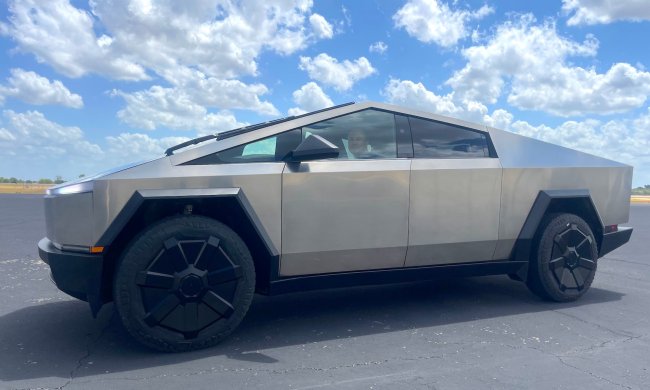With California recently imposing new restrictions in a bid to slow the spread of a resurgent COVID-19, Tesla-watchers have been wondering if the decision could lead to a rerun of the electric-car company’s clash with the state’s Department of Public Health (DPH) back in the spring.
A temporary stay-at-home order imposed by the state in March meant Tesla’s factory in Fremont, Alameda County, had to close as it was considered a nonessential business, though Tesla CEO Elon Musk ended up defying the order.
This time around, however, the DPH’s newly imposed curfew asking non-essential work and gatherings to cease between 10 p.m. and 5 a.m. until at least December 21 will not prevent Tesla employees from working around the clock as the request defines manufacturing businesses as essential.
“The limited stay-at-home order does not apply to these employees as they are deemed essential workers — manufacturing is listed as an essential workforce,” the DPH confirmed to CNBC, adding, “The Critical Manufacturing Sector identifies several industries to serve as the core of the sector including Transportation Equipment Manufacturing Products.”
While California law gives local counties the freedom to enact measures more restrictive than those imposed by the state, Alameda County appears, for the time being at least, content to go along with the DPH’s current instructions, a stance that will please Musk.
When the coronavirus began to take hold in the U.S. in the spring, California’s DPH imposed a stay-at-home order that lasted around six weeks. The instruction for nonessential businesses to close meant Tesla had to suspend operations at its Alameda plant.
But during the early days of the order, Musk told the factory’s 10,000 workers that he would “personally be at work,” though he added, “I’d like to be super clear that if you feel the slightest bit ill or even uncomfortable, please do not feel obligated to come to work … Totally OK if you want to stay home for any reason.”
A couple of days later, Tesla relented and closed the facility. However, in May, with the order still in place, an increasingly impatient Musk said Tesla planned to sue Alameda County and at the same time threatened to move the factory to another state. A short time after that, the Tesla boss said he was reopening the facility, adding that if anyone was to be arrested for flouting Alameda County rules, “I ask that it only be me.”
In the end, the factory continued to operate, and no arrests were made. Tesla says it’s following strict procedures to ensure that employees are able to work as safely as possible during the pandemic.


